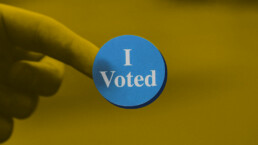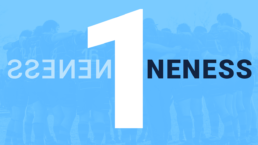When California Governor Newsom signed California SB-206 – The Fair Pay to Play Act – last month, it sent a signal to the nation that student-athletes, the foundation of intercollegiate athletics, are not being treated fairly as stakeholders in the robust business. Governor Newsom said, the bill will change college sports for the better, putting the interests of student-athletes on par with the interests of the institutions. While the debate often centers around whether student-athletes should receive a portion of profits from the NCAA and schools, California’s bill addresses external financial opportunities. The Fair Pay to Play Act, set to become active on Jan. 1, 2023, will allow student-athletes the right to earn compensation from their own name and likeness (e.g. sponsorships opportunities).
While there are valid debates about how and whom will be impacted through the new earning opportunities, it’s clear from numerous past lawsuits and similar legislative proposals in other states, student-athletes have been feeling unsatisfied with the balance of power in their relationship with the NCAA. The NCAA responded to the bill’s passing with a call for national discussion and legislation, believing an organization-wide solution offers better clarity than varying state regulations. One could argue this was done in an effort to continue the conversation and provide evidence against student-athletes’ claims of undercompensation in the annual multimillion-dollar industry.
NCAA President Mark Emmert has acknowledged the growing negative perception of the organization and its institutions. However, the NCAA’s response to California’s SB-206 seems unlikely to compel student-athletes to see the governing body as an ally.
At CoPeace, we understand successful organizations of the future need to treat all stakeholders equally. We know building relationships and respecting everyone in our organization will strengthen our community and positive impact.
Related Blogs
The Proof is in the Pudding
March 19, 2019
The Math Doesn’t Add Up in America’s Gun Debate
August 22, 2019
Regulating the Future
November 13, 2019
The Status Quo Must Change
June 1, 2020
The $3 T-Shirt
May 24, 2019
What’s the Fuss about Impact Investing
January 28, 2020
Defining the Millennial Generation
July 30, 2019
The Power of Policy
October 28, 2018
A Commitment to the Oneness
May 19, 2020









